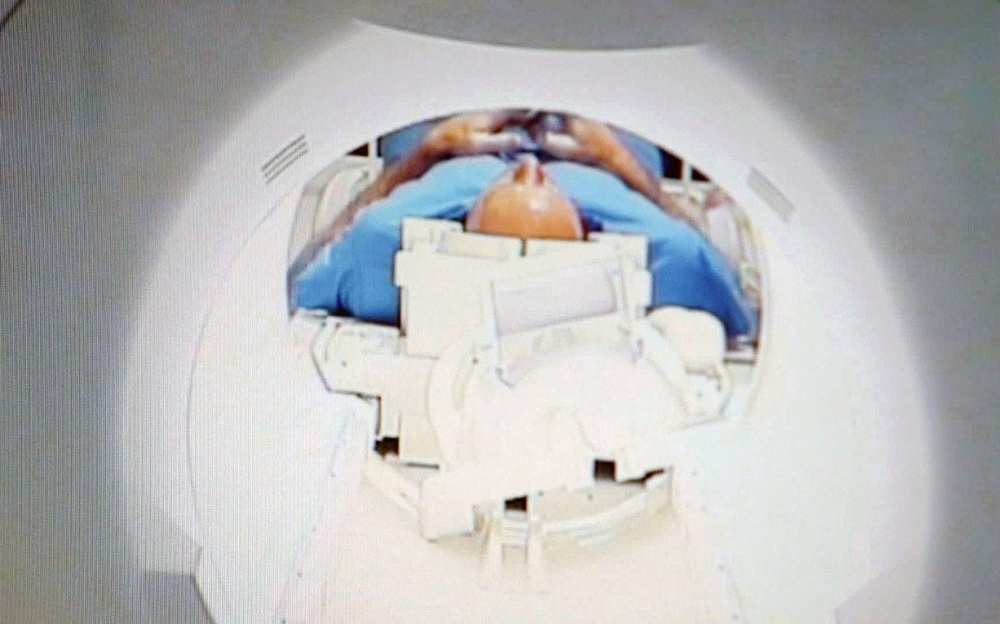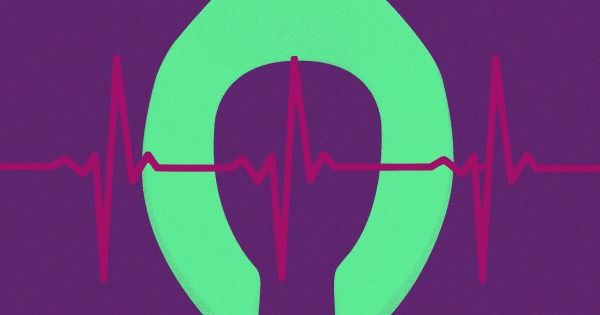Category: health – Page 396


What The Health
What kind of blood do we want in our bodies?
#wthfilm #plantbased #wfpb #health #cancer #goplantbased

We don’t need a “Planet B”. We have an entire Solar System
A million and a half students, even very young ones, took to the streets Friday March 15th, in two thousand cities around the world, for the climate, responding to a Greta Thunberg’s call. Greta is a 16-year-old student in Stockholm: “I will not stop. Not until greenhouse gas emissions have fallen below the alarm level.” Considering the great support she had, it would seem that students were not waiting for anything else, with great outcry of the ecologists of various tendencies, who have for years repeated the same call, without being able to arouse mass movements of this magnitude.
There is no doubt that we are on the verge of great changes. The automotive industry — by far a leading industry in the world economy — is about to collapse, because it has not been able to innovate in time, and now it does not in fact have ready solutions, to satisfy a market that no longer intends to exchange mobility with health. Such imminent collapse will not do any good to economy. It will also offer vampire rulers new opportunities to increase the taxation, already exorbitant in many countries. And no one seems to realise that if producers die as a social category, consumers will soon die too, as they are the same people. There is no doubt, moreover, that the ruling politicians, more and more void of any basic culture, will find many ways to manage what Serge Latouche (in his essay on the so-called “happy de-growth”) called “inevitable social problems following de-growth”.

Childhood trauma scars the brain and boosts depression risk
Childhood trauma such as neglectful parenting causes physical scarring to the brain and increases the risk of severe depression, a new study has found.
For the first time, scientists have linked changes in the structure of the brain both to traumatic early-years experiences and poor mental health in later life.
Published in the Lancet, the study found a “significant” link between adults who had experienced maltreatment as children with a smaller insular cortex, part of the brain believed to help regulate emotion.

VA to Offer New Ketamine-Based Nasal Spray for Depression
The newest FDA-approved medication to treat severe depression, a nasal spray based on the anesthetic (and misused hallucinogenic party drug) ketamine, will soon be available to veterans treated within the Department of Veterans Affairs.
In a move that may help thousands of former service members with depression that has not improved with other treatments, VA officials announced Tuesday that the department’s doctors are now authorized to prescribe Spravato, the brand name for esketamine, a molecular variation of ketamine.
The decision to offer a drug hailed by many as a breakthrough in treatment for its speedy results — often relieving symptoms in hours and days, not weeks — shows the VA’s “commitment to seek new ways to provide the best health care available for our nation’s veterans,” Secretary Robert Wilkie said in a release.

This High-Tech Toilet Seat Can Detect Heart Failure
A team of researchers at the Rochester Institute of Technology invented a “toilet seat-based cardiovascular monitoring system” that could help hospitals monitor patients for risk of congestive heart failure — a toilet, in other words, that detects whether your heart is about to give out.
“This system will be uniquely positioned to capture trend data in the home that has been previously unattainable,” reads the paper, published in the journal JMIR Mhealth Uhealth.
Integrated into the seat is a device that measures heart rate, blood pressure, and blood oxygenation levels. Algorithms will take in all that data and notify health practitioners if the patient’s condition deteriorates.